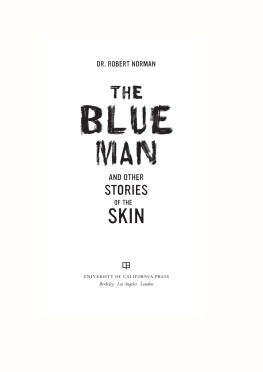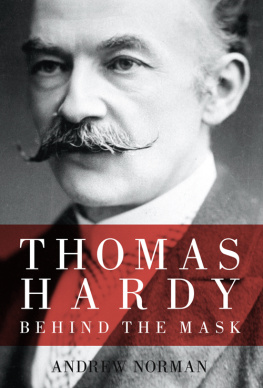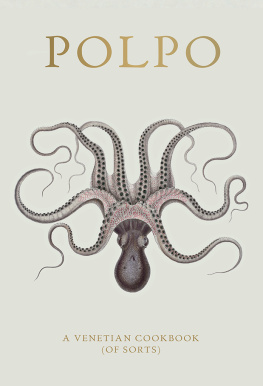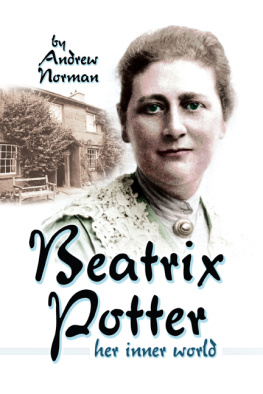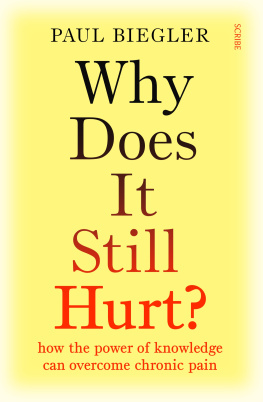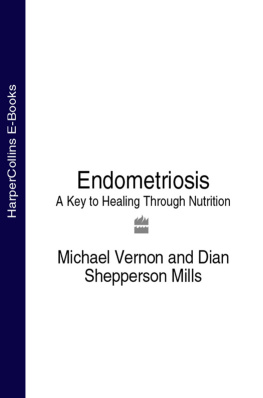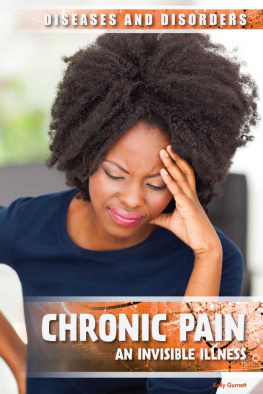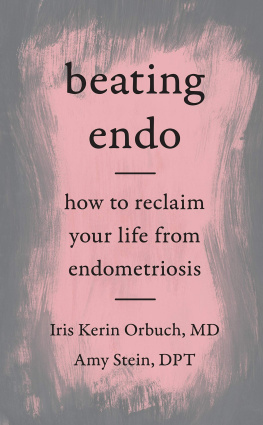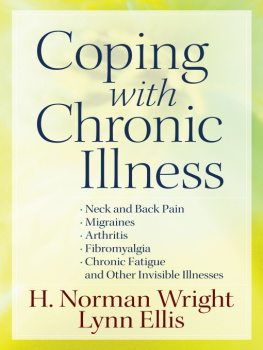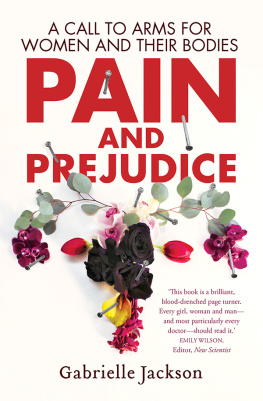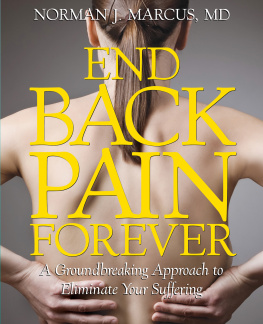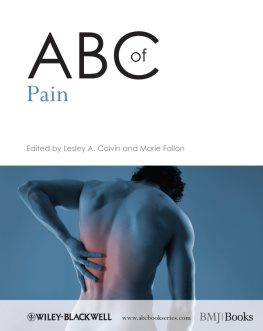Copyright 2018 by Abby Norman
Hachette Book Group supports the right to free expression and the value of copyright. The purpose of copyright is to encourage writers and artists to produce the creative works that enrich our culture.
The scanning, uploading, and distribution of this book without permission is a theft of the authors intellectual property. If you would like permission to use material from the book (other than for review purposes), please contact permissions@hbgusa.com. Thank you for your support of the authors rights.
Nation Books
116 East 16th Street, 8th Floor New York, NY 10003
www.nationbooks.org
@NationBooks
First Edition: March 2018
Published by Nation Books, an imprint of Perseus Books, LLC, a subsidiary of Hachette Book Group, Inc.
Nation Books is a co-publishing venture of the Nation Institute and Perseus Books.
The Hachette Speakers Bureau provides a wide range of authors for speaking events. To find out more, go to www.hachettespeakersbureau.com or call (866) 376-6591.
The publisher is not responsible for websites (or their content) that are not owned by the publisher.
The Library of Congress has cataloged the hardcover edition as follows:
Names: Norman, Abby, author.
Title: Ask me about my uterus : a quest to make doctors believe in womens pain / Abby Norman.
Description: First edition. | New York : Nation Books, 2018. | Includes bibliographical references and index. |
Identifiers: LCCN 2017043712 (print) | LCCN 2017047259 (ebook) | ISBN 9781568585826 (ebook) | ISBN 9781568585819 (hardcover)
Subjects: LCSH: Norman, AbbyHealth. | EndometriosisPatientsBiography. | EndometriosisDiagnosis. | WomenHealth and hygiene. | BISAC: HEALTH & FITNESS / Womens Health. | BIOGRAPHY & AUTOBIOGRAPHY / Personal Memoirs.
| HEALTH & FITNESS / Pain Management.
Classification: LCC RG483.E53 (ebook) | LCC RG483.E53 N67 2018 (print) | DDC 618.1dc23
LC record available at https://lccn.loc.gov/2017043712
ISBNs: 978-1-56858-581-9 (hardcover); 978-1-56858-582-6 (e-book)
E3-20180202-JV-PC
To Hillary (the best thing that ever happened to me) and Jax (the best thing that ever happened to her).
Each patient carries his own doctor inside him.
Norman Cousins, Anatomy of an Illness
I T IS MY SINCEREST HOPE that some of what is in this book will no longer be applicable by the time its in your hands. Though a work becoming outdated may be embarrassing to some authors, as someone who is ill, I would be overjoyed if, in the time it took for this book to be published, science and society will have found answers to some of the questions I grapple with in these pages.
This book could never be fully comprehensive, and the research Ive chosen to include represents only a fraction of what I encountered as a young patient parsing through it. Despite my determination, much to my dismay, I could never know all that there was to know, and as a reader I hope you will view all that I have written with a keen and critical eye. It was very important to me that I produce a portable book, so my ambition was not to provide a comprehensive history or review of the literature pertaining to women, illness, and pain. Rather, it was to provide some starting points from which you might seek to ask further questions and discover better answers.
Although this book includes research and interviews, I have framed the conversation around my own experiencenot because I believe I can speak for anyone else, but because it seemed important to use the platform I have been given to call out the injustices I have observed (and in some cases experienced firsthand).
When debating the title for this book, I worried that it would be viewed as exclusionary to those who identify with the struggles portrayed but who do not have a uterus. I am firm in my conviction that endometriosis is not a uterine-dependent diseaseas firm as I am in my conviction that not all women have a uterus and not all those who have a uterus identify as a woman. I do identify as a woman, and in telling this story I had to acknowledge what that identity meant in my journey. In the grander scheme of things, however, it should be noted that by no means is my having a uterus (for the time being, anyway) a requirement for my female identity, any more than it would be for anyone else.
I do not wish to become a poster girl, or the voice of anything depicted in this book: my experience is just one of many, and it is also one that benefited from the privilege of being a white woman. Where I have acknowledged how race and gender identity factor into my experiences in the broader sense, I have done so with the knowledge that there are others who could tell their own stories. We need to actively seek them out and listen to them.
Of course, there could never be one voice, or one story, that is wholly representative of the issues that are discussed in this book. But the voices of those who need to tell their stories have long been silenced. I offer up my own account to join what I hope will become many voices demonstrating the complexity of these issues, of ourselves, and of the fierce will of the human spirit.
In the same way that this book could never address all the research, it could not address every single event or person or conversation. I have, for the purpose of narrative and consideration for people involved in my story, obscured peoples identities, changed their names, and occasionally altered times and places (including those of all my doctors). The dialogue included in this book most often came directly from journal entries written promptly after the events described, though a few of the more recent ones are re-created from my memory. Interviews were recorded, transcribed, and condensed for inclusion, or, in some cases, conducted via online exchanges.
Finally, it should be noted that any and all references to The X-Files or any other popular cultural phenomenon are not nearly as gratuitous as they may at first appear.
Abby Norman
June 2017
Illness is the night side of life, a more onerous citizenship. Everyone who is born holds dual citizenship, in the kingdom of the well and in the kingdom of the sick.
Susan Sontag, Illness as Metaphor
I T ALL STARTED WHEN I took what I now consider to be the worst shower of my life.
I was a sophomore at Sarah Lawrence College, living with my roommate Rebecca in a small house on campus; it was entirely unremarkable, except for the giant katydid that had spent weeks living above our bedroom door.
Rebecca had groaned in her sleep when my alarm went off, burying her head under her pillow. This was always our first exchange in the morning, even if she wasnt conscious for it. Wed met the first week of freshman year and our sense of humor and taste for hummus and good coffee had made us fast friends. I was a bit frantic by nature, always early, generally a bit wary of life. Rebecca was more laid back, except where social justice was concernedin that domain, she was all action and advocacy, which inspired me from the outset. In general, she engaged in age-appropriate life experiences with gusto, while I was more hesitant. She was also the antithesis of a morning person.
I had rolled out of bed on that otherwise unremarkable morning having had no premonitions of terror in my sleep. I grabbed my towel and shower caddy, opened the door, and glanced at that freakish katydid as I padded down the hall to the bathroom. I remember looking out the small window that faced campus as I undressed, the hour early enough that the world was quiet and still. The leaves had begun to change, but fall in New York could not rival the fire trees of where I had grown up in Maine. Im from what you might call sturdy New England stock, and I had all but shed the lingering jowliness of a Maine accent. I wasnt ashamed of where Id come fromquite the contrary. I carried myself with what Im sure was a rather pronounced affectation of New England pragmatism that bordered on elitism, despite the fact that Id grown up in a seaportabout as unpretentious as you can get.




